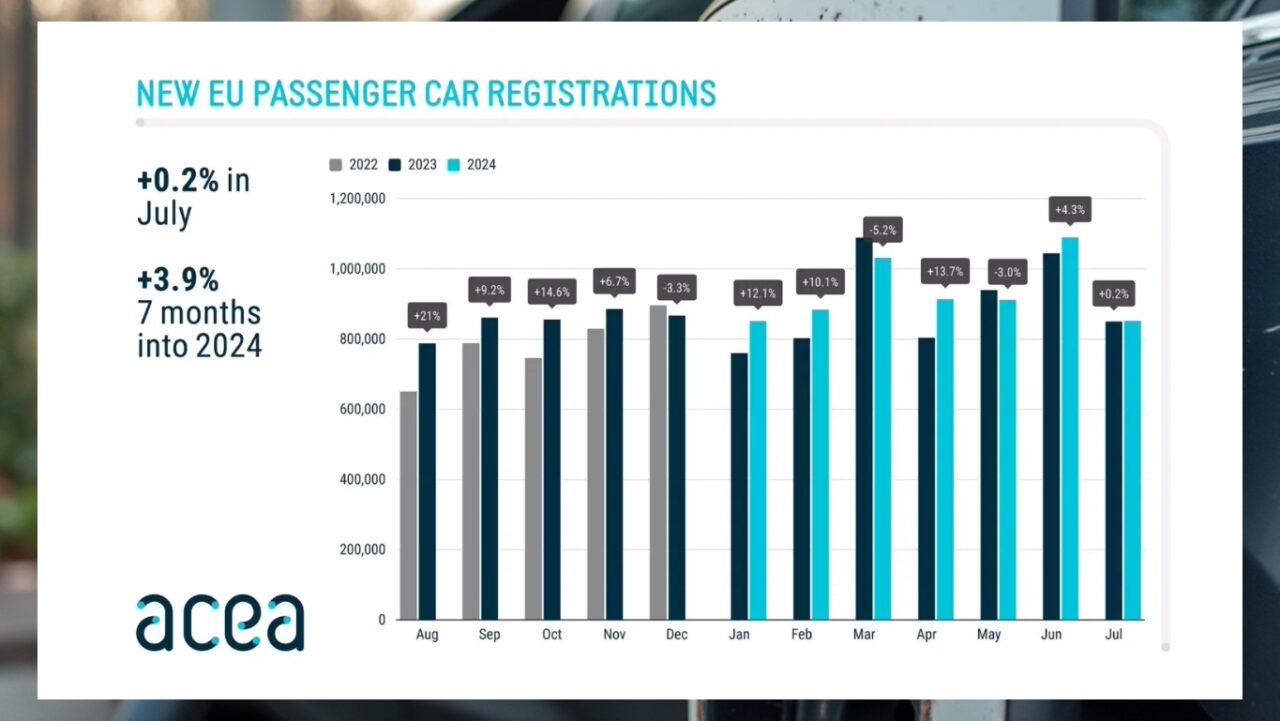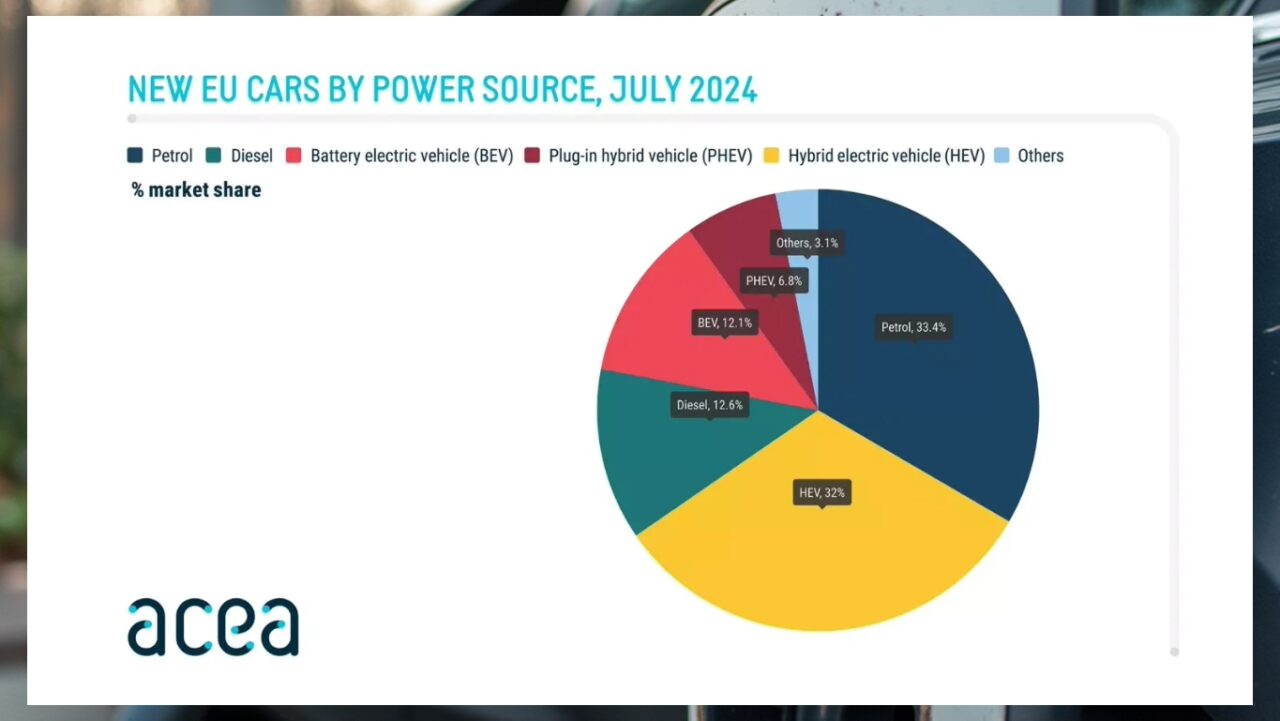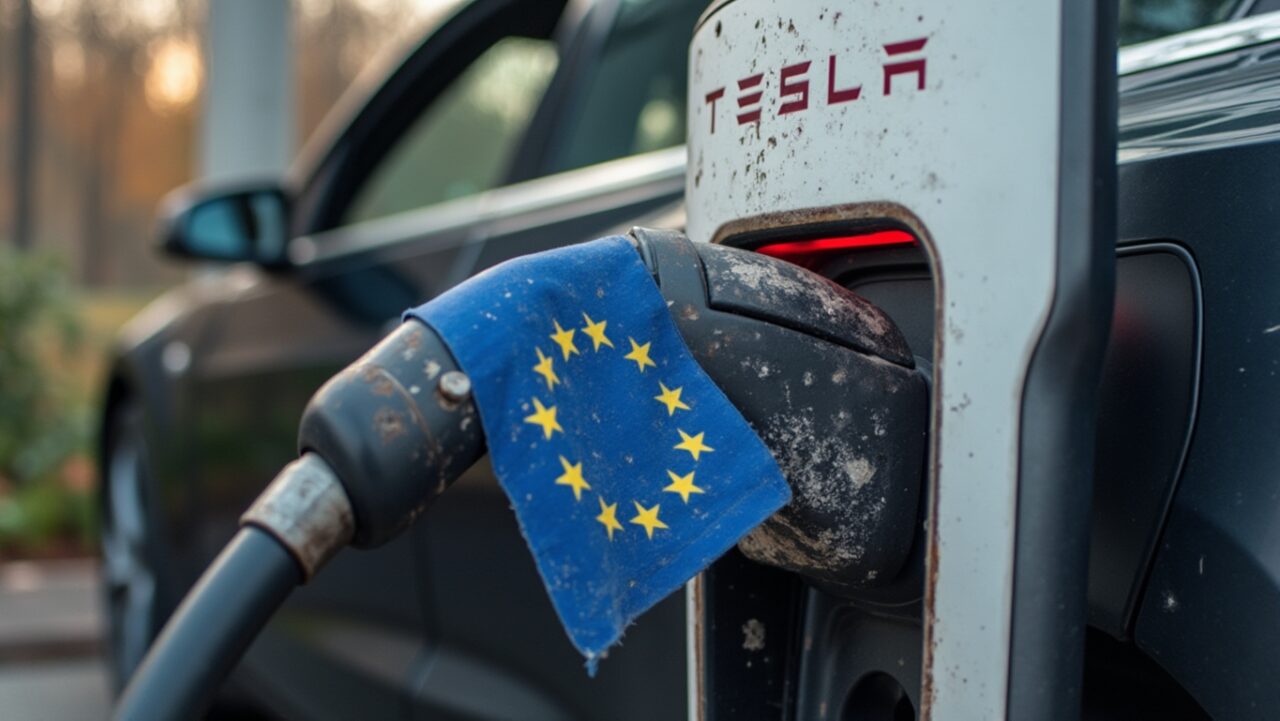In July 2024, sales of fully electric vehicles (BEVs) sold in the European Union fell by 10.8% compared to the same period of the previous year. Electric vehicles entered a slowdown period after the previous upward trend in the European market. A major increase has begun in hybrid vehicles. So why did hybrid sales increase while electric vehicle sales decreased in Europe? Details in our news…
Electric vehicle sales fall in Europe, hybrids in high demand
A total of 102,705 electric vehicles were sold in Europe in July . This figure accounts for 12.1% of new vehicle sales. Electric vehicle sales have fallen significantly, especially in large markets such as Germany. Sales in Germany fell by 36.8%, from 48,682 units sold in July of last year to 30,762 units this year.

Countries like Finland, Ireland, Sweden and Austria have also seen similar declines in electric vehicle sales, while some countries like Belgium, Denmark and Luxembourg have seen increases in electric vehicle sales.
While electric vehicle sales in Europe have fallen, hybrids have increased by 25.7% in the same period . In Europe’s four largest markets, France, Spain, Germany and Italy, hybrid vehicle sales have increased significantly. This increase has increased the share of hybrids in the European market to 32% .

In contrast, plug-in hybrid vehicles (PHEVs) fell by 14.1% to 57,679 units sold. In addition, sales of gasoline and diesel vehicles continued to decline, with sales of gasoline vehicles down 7% and diesel vehicles down 10.1%.
The figures revealed that hybrid vehicles are becoming more popular in the European automotive market, while pure electric vehicle sales have unexpectedly slowed. What do you think this means for the future of electric vehicles? How will the increasing popularity of hybrid vehicles affect the transition to environmentally friendly technologies? You can write your opinions in the comments section below.












